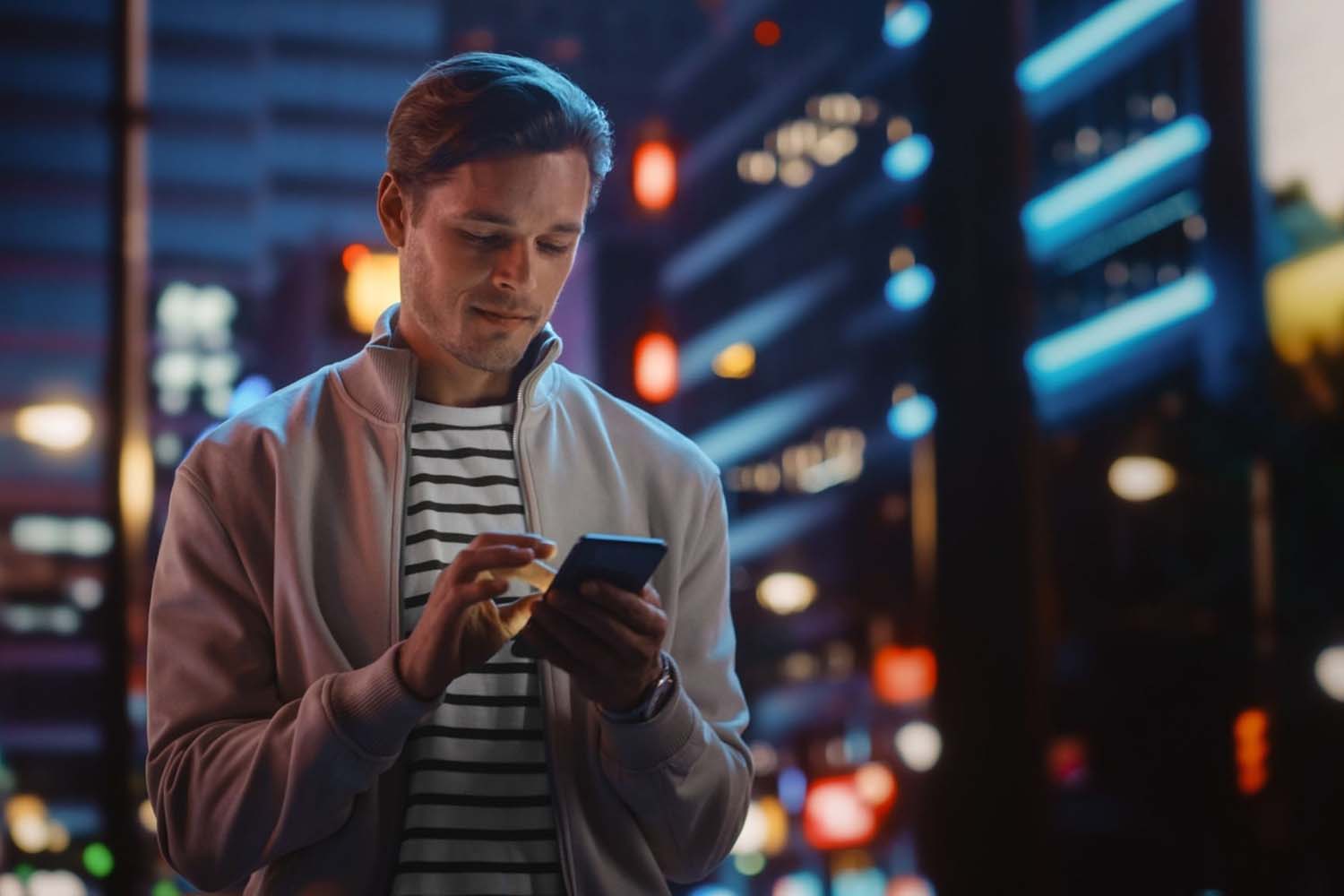Bringing your gadgets when you travel could leave you vulnerable to cyber threats. Precautions should be taken before bringing gadgets on a trip. Your business could be at risk if you don’t take adequate cybersecurity precautions when you’re on the road. It’s important to have a tight control on security while travelling.
If you’re a business owner or professional planning to travel with a connected device like a laptop, smartphone, portable power stations, or tablet, this post is for you.
Chances are that you use a secured network when you’re in the office or at your home. However, you connect to various public networks when you’re traveling, and that’s the most dangerous thing, as your online privacy is at risk. Follow this guide to learn how to stay secure while traveling…

Tips for Ensuring Security while Traveling
Password Protect your Devices
Don’t forget to lock and password-protect your devices at all times. A strong password is your first line of protection against unauthorised access in the event that your device is lost or stolen. Protecting your data on even the most basic storage devices, like a USB flash drive, is important.
Encrypt your data
When taking a laptop with important information with you, it is recommended that you use full disk encryption software. This encrypts your data and adds extra layers of authentication so that even if your data is compromised, the bad guys won’t be able to access the disk. With the key, the information is decipherable.
You may use data encryption software like AxCrypt, Folder Lock, CryptoForge, etc. These programs will encrypt the data on your device and make them accessible only to the people with the authorisation key. This way, no one other than you will be able to access your data on your device.
Use a VPN
When you’re connected to a public Wi-fi while traveling, you allow the ISP and other hackers and agencies to spy on you. However, by using a VPN to connect to the internet, your data is encrypted, and your true IP address is concealed. By doing so, your device (phone, laptop, etc.) is securely linked to the Internet. In addition to protecting you from your ISP, the government, hackers, and other snoops, it also conceals your online activities and IP address.
Your personal data and online activities can be protected from prying eyes by using a VPN. Selecting a server in a different region gives you more flexibility in how and where you use the internet by allowing you to access geo-restricted services like Netflix, DisneyPlus, HBOMax, and more.
While traveling, you might be in a region where certain apps aren’t accessible. With a VPN, you can bypass the restriction on the apps and use them as you like. For example, using the Whatsapp voice call features in the UAE is impossible. However, you can easily make calls through Whatsapp if you use a VPN and connect to a US or UK server.
Another thing you need to understand is that when traveling, you have to use a VPN that provides great speed and unlimited bandwidth. Choosing the fastest VPN will not only help you in protecting your device but it will also make sure that VPN usage doesn’t hinder with your devices usage experience.

Enable Two-factor Authentication (2FA)
Use two-factor or multifactor authentication if it is available for your gadgets. With Two-Factor Authentication, also known as Multi-Factor Authentication (2FA or MFA), a one-time password is sent to you via email, text message, or a trusted authentication tool like Google Authenticator. If you already have a password in place, this adds another degree of security. You can also use a credential system in addition to a password, such as an unlocking USB device or a biometric lock (if the device supports such a feature).
Stay Safe from Phishing Attempts
It can be difficult to differentiate between a legitimate message and an advanced scam or phishing attempt.
Bad grammar and obviously forged emails are warning flags, but they’re just the beginning.
If you don’t recognise the sender, it’s best to ignore the communication. It’s common for scammers to contact you by text message, and if you reply, you’re giving them proof that they have the right number. There is a risk that they will try to access your phone remotely or use your number for unauthorised authentication.
Don’t ever go blindly clicking on links in messages or emails from your bank or social media accounts (and even call your bank if necessary). To trick you into thinking they’re from your bank, fraudsters send emails or texts warning of low balances with links to malicious websites. Be smart and do not fall prey to these antics, as it can result in a great loss.
Use a Password Manager
A secure password is among the most crucial steps when creating an account. However, using the same password (no matter how secure) for all of your online accounts is not a good idea. To avoid having all your eggs in one basket, having a unique password for each account is best.
The difficulty of keeping track of so many unique passwords is a new issue. A regular person isn’t expected to be able to keep track of multiple unique passwords. Use a trusted password manager to store and conveniently access your online credentials safely.
Conclusion
Cybersecurity is a growing concern and everyone should know its importance. When traveling, you have to take the necessary measures to protect what matters. Just like you take steps to protect your stuff like your luggage, protecting your online privacy is equally important. You never know the types of dangers waiting for you at the place you’re traveling to.
The travel industry is plagued with cases of fraud. Find out what you can do to keep yourself safe when you’re not at home. Due to the proliferation of the Internet and the prevalence of online data storage, hackers now have easier access to previously protected private information.
The financial and personal repercussions of identity theft can linger for a long time. So be smart and protect your online privacy on the go.








